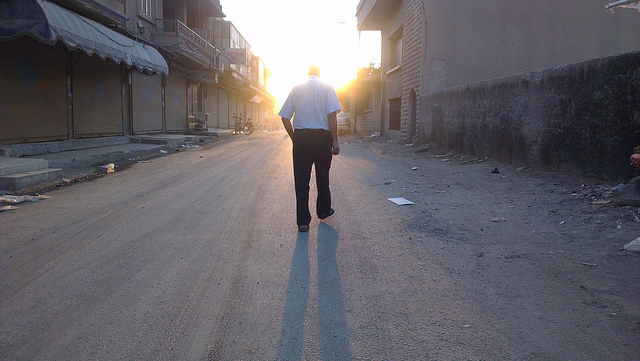Announcement
After Raqqa: Exploring Responses to Da'esh and Extremist Violence at the 2017 RESOLVE Network Global Forum

The Islamic State may be out in Mosul and on the back foot in Raqqa, but the next chapter in the global narrative of violent extremism has yet to be fully written. With violent extremists losing territorial control in the Middle East, the world faces the possibility of a new wave of homegrown terrorism far from the battlefield. As foreign fighters return and extremists shift tactics what are the risks in hotspots across Asia, Africa, the Middle East and Europe? What do we know about how and when terrorists decide to enter and exit violence? How do the politics of religion, migration, and identity factor in to efforts to counter violent extremism? Join the RESOLVE Network as experts from around the world explore answers to pressing questions and dive into critical research at the Network’s annual global forum on Wednesday, September 27, 2017.
At the inaugural RESOLVE Network Annual Forum in 2016, we were honored to host Dr. Mohammed Hafez, Naval Postgraduate School, as our opening keynote speaker. Best known for his seminal book on the evolution of political Islam, Why Muslims Rebel, Dr. Hafez began his remarks by posing a persistent puzzle: "Why has radical Islamism as an ideological social movement endured over the decades when theory predicts that it should be contained and in decline by now?” With this framing as guidance, subsequent sessions featuring representatives from the Network’s Global Partners explored connections between state fragility and narratives at the nexus of religion and identity.
This year, the RESOLVE Network’s 2017 Annual Forum, hosted by the US Institute of Peace, will feature discussions from preeminent international scholars and experts from across the Network’s 20 plus partner organizations. Panelists will address questions including what do we know about how and when terrorists decide to enter and exit violence, and how do the politics of religion, migration, and identity factor into efforts to counter violent extremism? In addition to offering opportunities to connect with leading thinkers, practitioners and policy makers engaged in policy responses to violent extremism, the day long series of thematic panels and roundtable discussions will highlight findings from a year-long study on the rise of violent extremism in Bangladesh and preview upcoming research on the politics of religion in the Lake Chad Basin region.
Interested in learning more? Follow the links to watch the webcast of the 2016 Annual Forum and read our working paper series on building a Consensus Based Research Agenda for understanding and addressing violent extremism.
Join the conversation on Twitter at #RESOLVEForum.
Image credit: Beshr Abdulhadi "Walking" / Flickr
For any further media inquiries please contact resolve@resolvenet.org